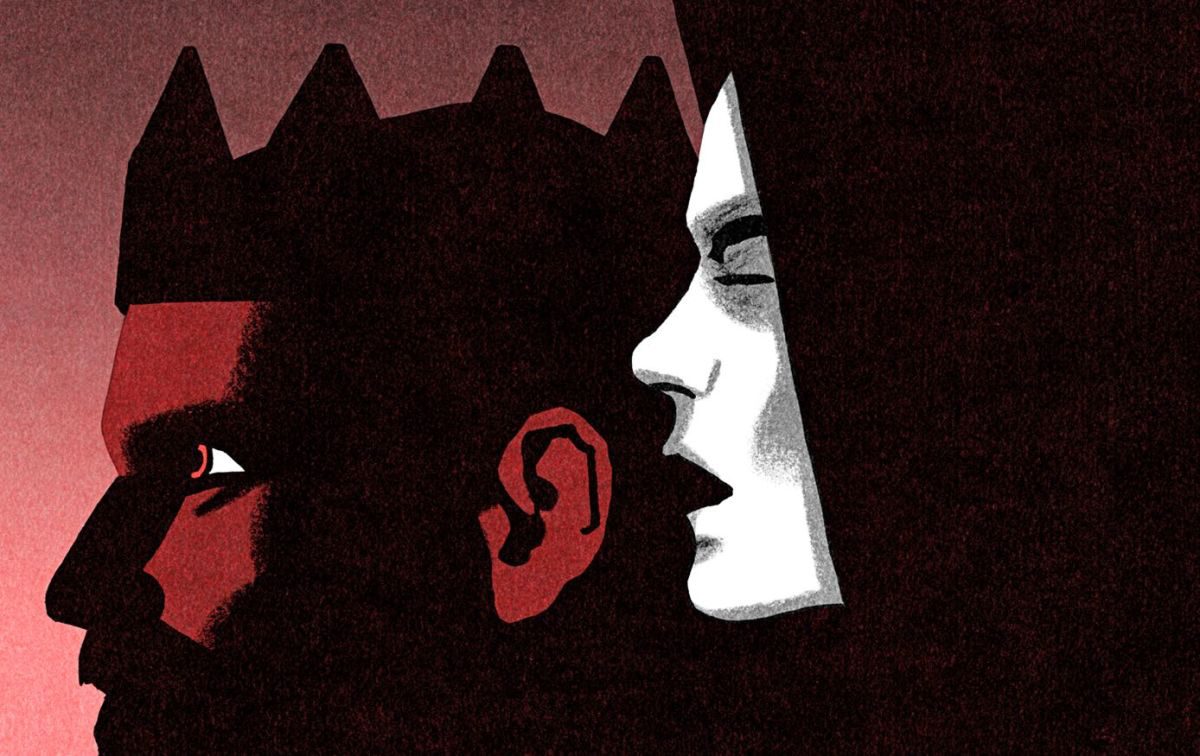A Chance of Hope
On a road traveled, overgrown with time
Now a footpath memory, of bittersweet pines
The sign, with a smile, marks a turn, taken
Leading down to a tree, where first love was forsaken
A raging river of life, which flowed unbridled
Reduced to a stream, narrowing and idle
Where seeds of love, were sewn to the winds
Now echoes of lovers, reverberate within
Hallowed ground for a heart, with unbearable wounds
Once a cradle of love, now a visited tomb
Like a miner for gold, panning sands of time
With unstoppable tears, of melancholic brine
As the sun breaks through, the glint of a shard
Glitters in the light, like a twinkling star
Suddenly as despondency is relieved by hope
Panning faster, more appear, thawing love with a jolt
The stream rises and rushes, in response to the melt
Flowers bloom, birds sing, as new warmth is felt
Standing and smiling, pocketing the gold
Returns to reality and hopes love will grow
I read the poem, A Chance of Hope by Daniel Turner, and I interpreted the poem as he is exploring the idea of hope and its role in our lives. In the poem, Daniel uses rhyme and imagery to bring across the idea that without hope, all the wonderful things in our lives could not be brung about. Hope plays an important role in our lives and the way we live them. We live with expectancy and in bad situations, we can be “relieved by hope” that we can recover and learn from our mistakes. Turner is mainly exploring the idea of hope and love and how they intertwine to create a “ new warmth” of a relationship. I believe that hope is interconnected with every part in our lives and I have experienced the power of hope very frequently. In a recent sporting event, I took part in, I was competing with a good friend in a ski to bike race from the top of Cardrona to the bottom. I had not trained for the event but as a past time, I bike almost every day. I went into the race hoping and believing I could do well and came out with 2nd. This could be expanded to the larger world on a larger scale. A combination of training, hard work, and preparation mixed with hope and self-belief are the winning attributes in any discipline. Relating back to the ideas expressed by Turner in the poem, Love and hope are tightly interlocked as all you can do are be your own person and hope that you liked for who you are.
Another strong theme apparent to me in this poem is the idea of the natural cycle of life, ups and downs, twists and turns, experienced by everyone. The poem starts with positive imagery of “bittersweet pines The sign, with a smile, marks a turn” which gradually descends into an increasingly negative space, with “unstoppable tears”, at rock bottom, only to rise again towards a brighter future. This captures the emotional rhythm of life and the changeable world experienced by humankind. Turner uses the striking images of nature to express his inner feelings, taking the reader along on his journey. This creates a symbolic experience of deeper meaning with the hope being the powerful undercurrent that pulls Turner through. The use of nature to capture and communicate emotional meaning can also be seen in ‘Sixteen Trees of Somme’ where the author uses wood as an analogy to express a deeper meaning.
